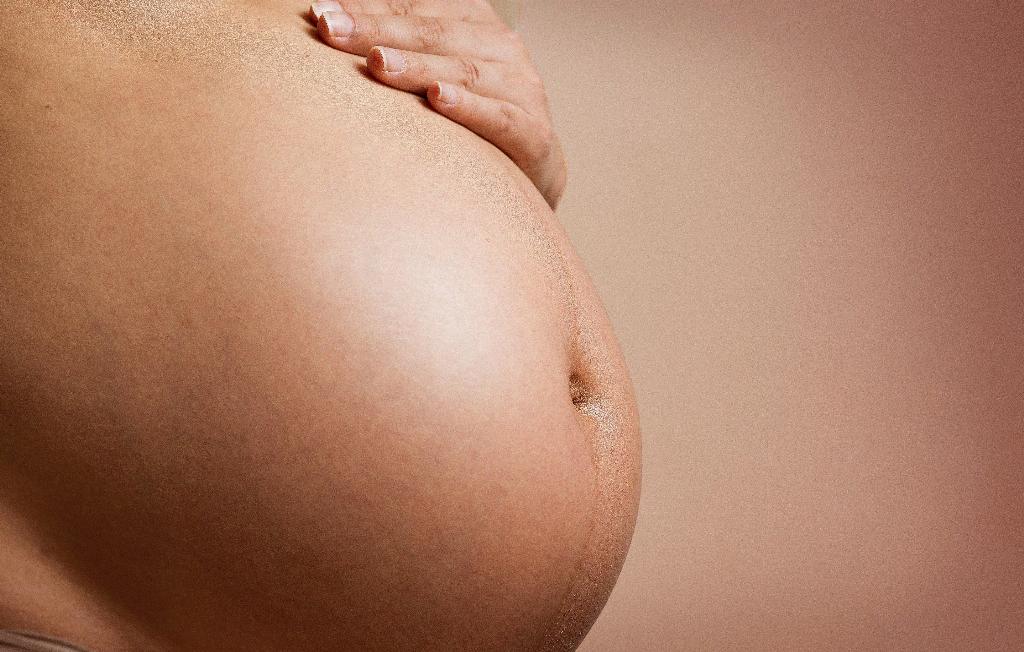Being 4 weeks pregnant marks a pivotal time in your journey to motherhood. At this stage, the embryo is making its home in your uterus, a process known as implantation. As the embryo attaches itself deep within the endometrium, you may experience some physical symptoms that can be quite confusing.
Implantation Signs and Sensations
During the implantation process, some women report feeling slight cramping and spotting. This can be a result of the embryo settling into its new home within your uterus. It’s essential to note that these symptoms can be mistaken for a regular menstrual cycle, particularly if they align with the timing of your expected period.
Cramping and its Interpretation
The cramping experienced during the early stages of pregnancy is typically milder compared to menstrual cramps. It is often described as a dull ache or pulling sensation in the lower abdomen. While it can be concerning, mild cramping is considered normal as your body adjusts to the changes taking place.
Spotting and Its Causes
Spotting, or light bleeding, may also occur around this time. This can happen as a result of the embryo implanting itself in the uterine lining. While it can be alarming for some women, spotting during early pregnancy is usually lighter in flow and color than a typical period.
Physical Changes in Uterus
At 4 weeks pregnant, your uterus is undergoing significant changes to accommodate the growing embryo. The endometrium becomes thicker and more vascularized to support the developing pregnancy. These changes can contribute to the sensations you may feel in your lower abdomen.
Emotional Rollercoaster
Aside from the physical symptoms, the early stages of pregnancy can also bring about a range of emotional changes. It’s not uncommon to feel a mix of joy, anxiety, and uncertainty as you navigate this new chapter in your life. Remember that these emotions are all part of the journey.
Importance of Prenatal Care
As you progress through your pregnancy, it’s essential to prioritize your prenatal care. Regular check-ups with your healthcare provider can help monitor the health of both you and your growing baby. Don’t hesitate to discuss any concerns or symptoms you may be experiencing.
Healthy Lifestyle Choices
During early pregnancy, maintaining a healthy lifestyle is crucial for both you and your baby’s well-being. This includes eating a balanced diet, staying hydrated, getting regular exercise, and avoiding harmful substances such as alcohol and tobacco. Your body is working hard to nurture new life, so be sure to take care of it.
Planning for the Future
As you navigate the first weeks of pregnancy, it’s natural to start thinking about the future. Consider discussing your hopes, fears, and aspirations with your partner or a trusted confidante. Planning for the arrival of your little one can help you feel more connected and prepared.
Support System
Building a strong support system during pregnancy is invaluable. Surround yourself with loved ones who can offer emotional support, guidance, and reassurance. Whether it’s sharing your excitement or discussing your concerns, having a supportive network can make the journey more manageable.
Staying Informed
As you progress through your pregnancy, staying informed about the changes happening in your body is empowering. Educate yourself about each stage of pregnancy, the development of your baby, and what to expect in the coming weeks. Knowledge can help alleviate anxieties and foster a sense of confidence as you prepare for motherhood.
Enjoying the Journey
Amidst the physical symptoms, emotional fluctuations, and planning for the future, don’t forget to savor the beauty of the journey. Pregnancy is a remarkable experience that brings about profound changes in your life. Embrace each moment, cherish the milestones, and look forward to the miracles that lie ahead.

